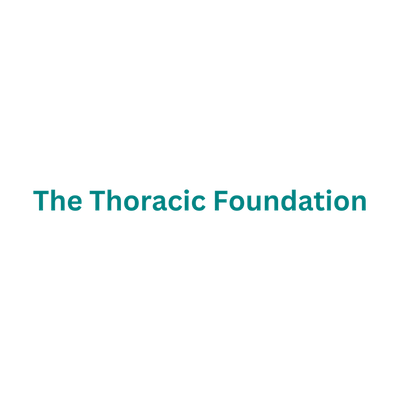
Our Story
Founded in December 2020, Vital CxNs identified a paradox in Boston—a city rich in activism, organizations, and world-class healthcare, yet grappling with deep health inequities. These inequities, rooted in historical disinvestment and structural racism, are further compounded by a fragmented community health infrastructure. Vital CxNs sees this paradox as both a reflection of systemic injustice, and also an opportunity for transformative action.
Initially, we focused on fostering collaboration, improving efficiencies, and uncovering synergies among existing resources to advance food justice. This collective effort inspired the development of our Community-Led Systems Change Model—a nationally recognized approach for transforming systems. By convening cross-sector stakeholders, promoting community ownership, and building strong, community-driven clinical-community partnerships, we have created a powerful framework for systemic change.
vi·tal
con·nec·tions
’vī-təl kə-’nek-shəns
We envision a future where vital connections among neighbors, organizations, and sectors inspire and cultivate an equitable community health ecosystem.
Our Impact
15,000
Community health interactions facilitated via clinical-community partnerships
$100k
Invested in community partnerships
80
Organizations in our partner networks
40
Paid community members co-leading health equity initiatives
Our four-stage model for driving sustainable ecosystem improvements
1 Assessment of Community Assets & Needs
We begin our work by assessing community assets and needs to ensure our work is responsive to community-identified health equity challenges and builds on existing community resources.
2 Convene Across Sectors & Silos
We convene cross-sector stakeholders to ensure that the local community health ecosystem is working synergistically, collaboratively, and efficiently to maximize our collective impact across sectors.
3 Cultivate Community-Centered Solutions
Cultivating community ownership ensures that redesigned community health infrastructure is not only responsive to community need, but also led and sustained by community stewardship.
4 Integrate & Sustain for Long-Term Impact
Health equity advancements require systems to be fully integrated into health equity strategies stewarded by the community. Integration often begins with short-term funding support but must move to ongoing institutional investments for true long-term impact and sustainability.
Want to Learn More About Our Model & Approach?
Our Team
Interested in Joining Our Team?
Board of Directors
Rich Joseph
Founding Director and Board of Directors Co-chair, Vital CxNs; Founder, VIM Medicine
Seth Lawry
Advisory Partner, Thomas H. Lee Partners
Monica Wang
Chair of the Narrative Office, Boston University Center for Antiracist Research; Associate Professor of Community Health Sciences, Boston University School of Public Health
Will Thorndike
Board of Directors Co-chair, Vital CxNs; Founding Partner, Housatonic
Ben Perkins
Community Minister, Hope Central Congregational Church; Consultant, Groundwater Institute/Impactive
Jennifer Valenzuela
Executive Director, The Children’s Trust
James Houghton
Chairman, Market Street Trust Company
Alexandra Schweitzer
Executive Fellow, Harvard Business School Social Enterprise Initiative
Our Supporters





















